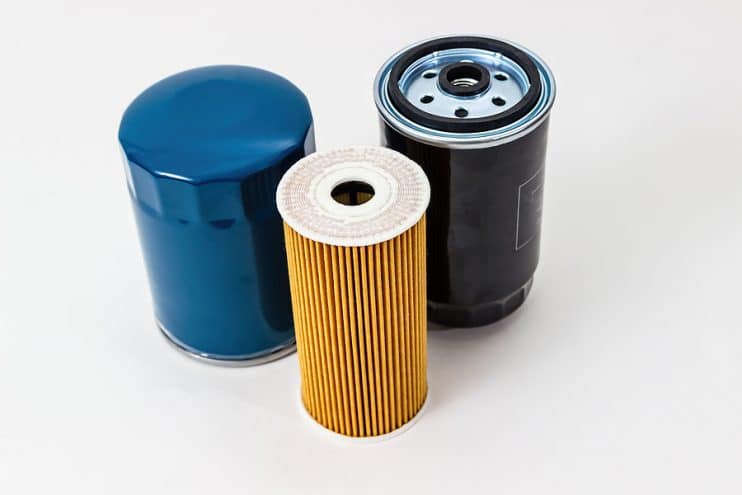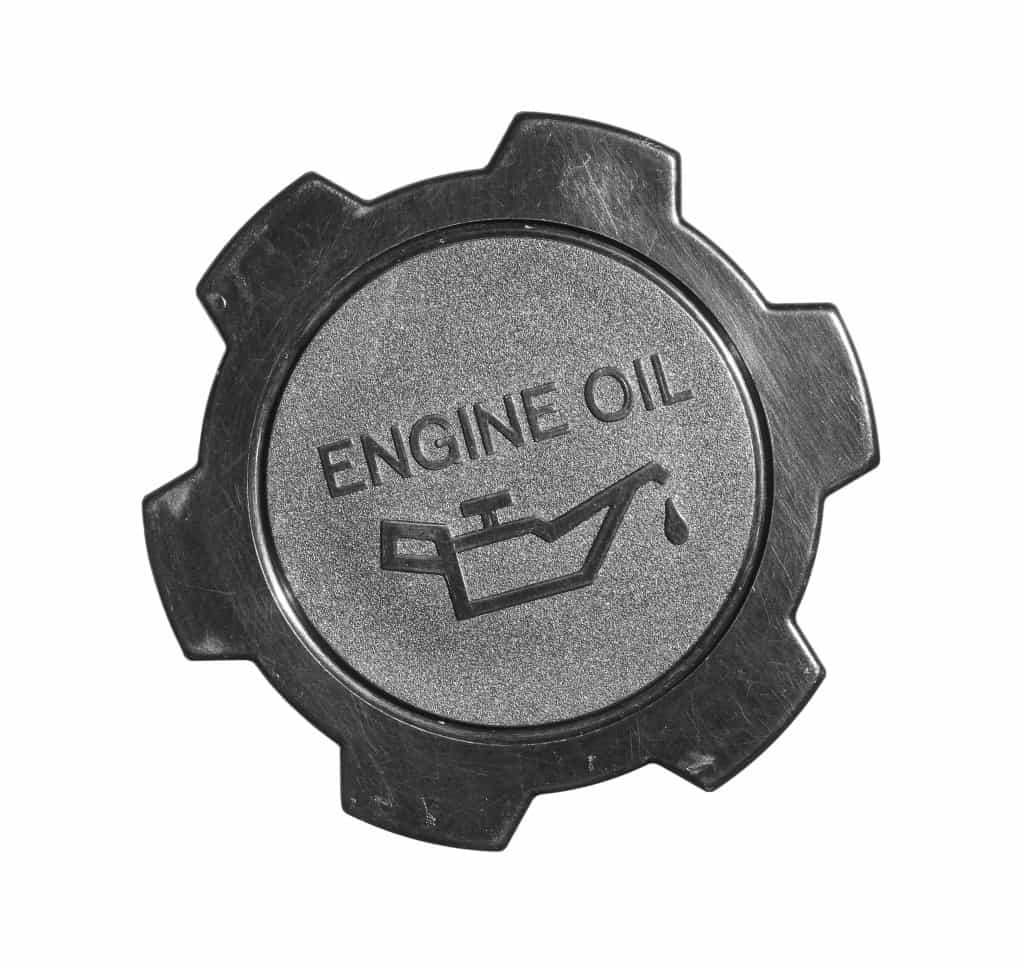
Car owners often overlook the oil filter as part of their routine maintenance, either because they don’t realise how important it is to a car’s overall efficiency or because they don’t have reminder systems in place.
Despite being a cheap part to replace, the oil filter is crucial in reducing engine wear and tear and optimising fuel economy by keeping oil clean. Ignoring the signs of a problem could cost you a lot more in the long run. Our guide talks you through the signs that your oil filter needs to be replaced.
Table of contents:
- What does the oil filter do?
- What are the signs you need a new oil filter?
- How often should I change my oil filter?
- What happens if I don’t change my oil filter?
What does the oil filter do?
An oil filter is vital for keeping your engine running smoothly. Its main job is trapping dirt, metal shavings and soot that can get mixed up in your oil. Without a filter, gunk can circulate freely, causing more wear and tear over time, which has the potential to cause major damage.
A good filter removes contaminants, allowing the oil to flow easily and reducing friction between moving parts for better efficiency and economy.
What are the signs you need a new oil filter?
Catching issues with your oil filter early on can save you from a costly repair bill later. Here are the most common signs that your vehicle needs an oil filter replacement.
Dash warning
Many modern vehicles have a dashboard oil warning light or message that illuminates when it’s time for an oil change. This is calculated based on mileage or engine run time.
If your dash warning comes on, it’s a clear sign that you should get the oil and filter replaced as soon as possible. Ignoring it risks lubrication issues.
Oil looks dark or thick
Fresh oil is translucent and amber in colour. As it ages, it darkens and can take on a thick, sludgy appearance. This is a sign of contamination from dirt, debris, and combustion byproducts. If it looks dark or gritty, the filter may be overdue for replacement.

Spluttering engine
A clogged or overdue oil filter can restrict oil flow, causing your engine to splutter, especially when idling or under load. It happens because crucial moving parts like bearings and cylinders don’t have enough lubrication to run smoothly. Don’t ignore spluttering, as it can be an early symptom of engine damage.
Engine overheating
Just like a spluttering engine, overheating can also be caused by an obstructed oil filter. Contaminants restrict oil flow, so components run dry and generate excess friction and heat. Low oil levels from leaks can have the same effect.
Pool fuel efficiency
Dirty oil can’t lubricate the engine components as effectively. This causes increased friction, resulting in higher fuel consumption and more heat buildup within the engine. If you notice a drop in mpg with no other changes in driving conditions, it may be time for an oil and filter service. While the engine’s coolant system is primarily responsible for dissipating heat, clean oil helps reduce friction and keeps temperatures within the optimal range.
Engine knocking or ticking
A knocking, ticking or metallic noise from the engine is never a good sign. It’s often a sign of increased friction from a lack of lubrication between moving parts, such as bearings and pistons. A clogged oil filter could be to blame.
Decreased engine performance
Like fuel efficiency issues, you may notice a general decrease in engine power and responsiveness if the oil filter is overdue. Clean oil allows all the engine’s components to operate with less resistance, maximising fuel efficiency and engine performance.
Dirty exhaust fumes
Oil contaminants can get blown out through the exhaust, leading to visible blue-tinted smoke from the tailpipe. This clearly indicates that the oil and filter need urgent replacement to prevent internal engine damage.
Low oil pressure
Many vehicles have an oil pressure gauge or warning light. If your oil pressure reading drops or the low-pressure light comes on, it indicates a lubrication issue – possibly due to a clogged filter restricting flow.

How often should I change my oil filter?
Here are some general guidelines on how often you should change your oil filter:
- Every oil change: The recommended best practice is to change the oil filter every time you change your engine oil. Most manufacturers and mechanics advise against stretching your oil filter longer than the oil change interval.
- Every 3,000-5,000 miles: If you follow a conventional 3,000-mile (4,800 km) oil change interval, which is common for older vehicles and moderate driving conditions, you’ll want to renew the filter just as often.
- Every 5,000-10,000 miles: Many newer synthetic oil vehicles can go 7,500-10,000 miles between oil changes under normal driving conditions. In this case, change the filter at the same interval.
- Every 6-12 months: Even if you don’t hit the mileage interval, changing the filter at least once every 6-12 months is wise, as oil deteriorates over time.
- Harsh driving conditions: If driving in severe conditions, such as extreme heat or cold, you may need to change the filter more frequently.
What happens if I don’t change my oil filter?
Neglecting your oil filter will cost you a lot more later on. The oil filter is a vital line of defence between your engine and contaminants and debris floating in your oil. Once the filter gets clogged, abrasive particles can circulate freely and accelerate wear and tear. The increased friction will wear out parts and components sooner, and your fuel economy will also suffer. Problems can vary, from needing a replacement oil sump to needing a replacement engine! Replacing the oil filter is a quick maintenance job that can significantly affect your vehicle’s performance and your wallet.








.png)